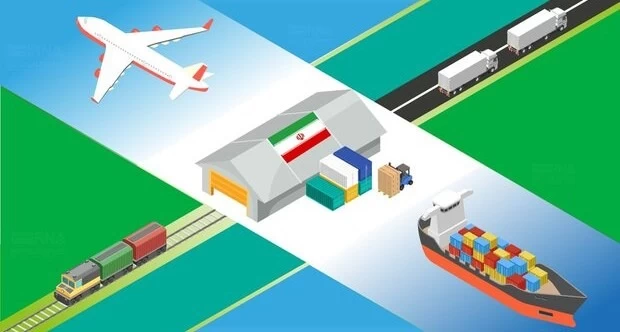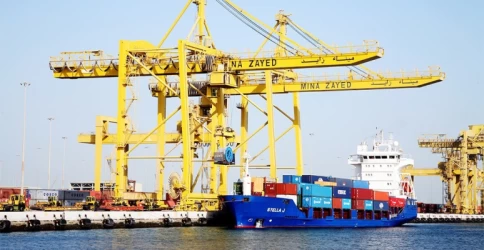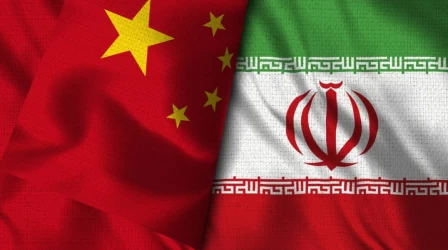Sourcing Goods for Import from Iran
Iran, with its rich cultural heritage and diverse economy, offers a wide range of products for international markets. From traditional handicrafts to modern industrial goods, sourcing products from Iran can be a lucrative venture for businesses worldwide. This article provides a comprehensive guide on how to effectively source goods for import from Iran.
Understanding the Market
Before diving into the sourcing process, it’s crucial to understand the Iranian market. Iran is known for its high-quality carpets, saffron, pistachios, and petrochemical products. Additionally, the country has a growing manufacturing sector producing machinery, automotive parts, and consumer goods.
Finding Reliable Suppliers
- Research and Networking: Start by conducting thorough research on potential suppliers. Utilize online platforms, trade directories, and industry associations. Networking with local business chambers and attending trade fairs can also provide valuable contacts.
- Verification: Ensure the credibility of suppliers by checking their business licenses, certifications, and references. It’s advisable to visit the supplier’s facilities if possible to verify their production capabilities and quality control processes.
- Samples and Prototypes: Request samples or prototypes to assess the quality of the products. This step is essential to ensure that the goods meet your standards and specifications.
Negotiating Terms
- Pricing: Negotiate competitive pricing while considering factors such as production costs, shipping, and tariffs. Be aware of the fluctuating exchange rates and their impact on pricing.
- Payment Terms: Establish clear payment terms. Common methods include letters of credit, bank transfers, and escrow services. Ensure that the terms protect both parties and minimize risks.
- Contracts: Draft detailed contracts outlining the terms of the agreement, including product specifications, delivery schedules, payment terms, and dispute resolution mechanisms.
Logistics and Shipping
- Customs Regulations: Familiarize yourself with the customs regulations of both Iran and your home country. Ensure that all necessary documentation, such as invoices, packing lists, and certificates of origin, are in order.
- Shipping Methods: Choose the most suitable shipping method based on the nature of the goods, cost, and delivery time. Options include air freight, sea freight, and land transportation.
- Insurance: Obtain insurance coverage for the goods during transit to protect against potential losses or damages.
Quality Control
Implement stringent quality control measures to ensure that the products meet the required standards. This can include pre-shipment inspections, third-party audits, and regular communication with the supplier.
Conclusion
Sourcing goods from Iran for import can be a rewarding endeavor if approached with careful planning and due diligence. By understanding the market, finding reliable suppliers, negotiating favorable terms, and managing logistics effectively, businesses can successfully tap into the diverse range of products that Iran has to offer.
if you have a specific question or need more details, Iran's logistics experts are your answer!










